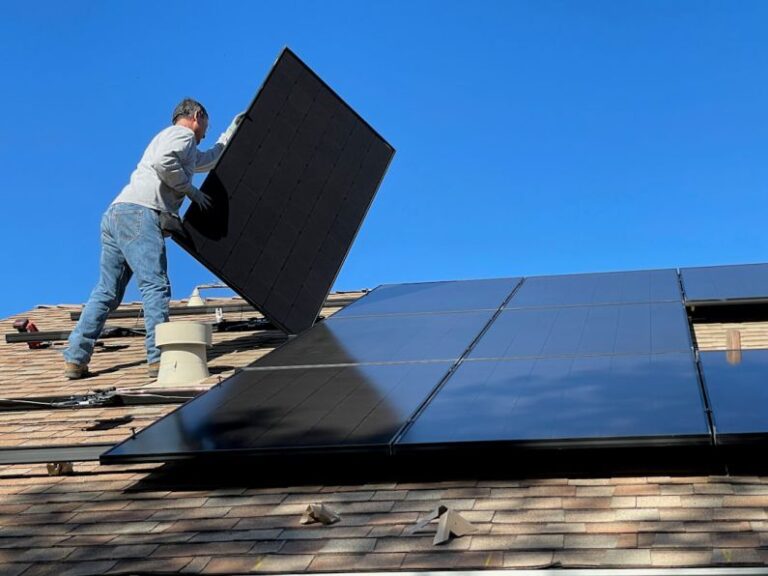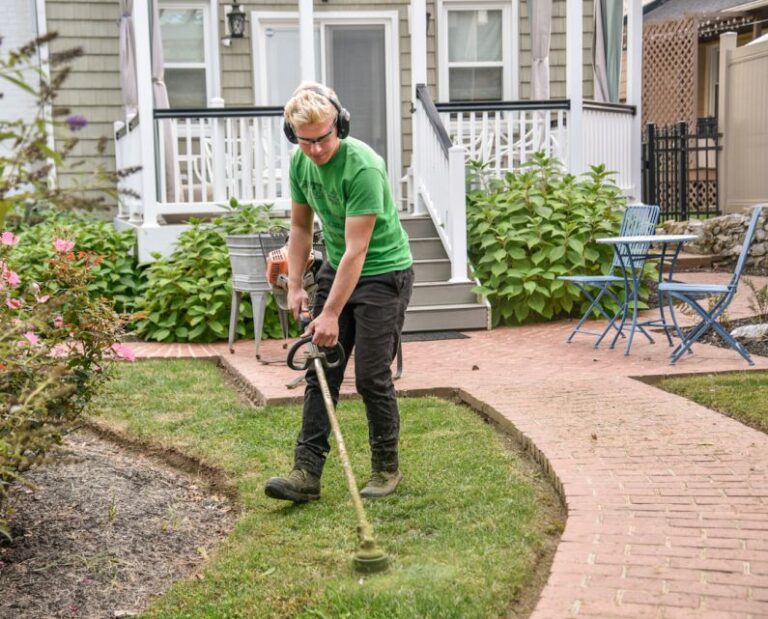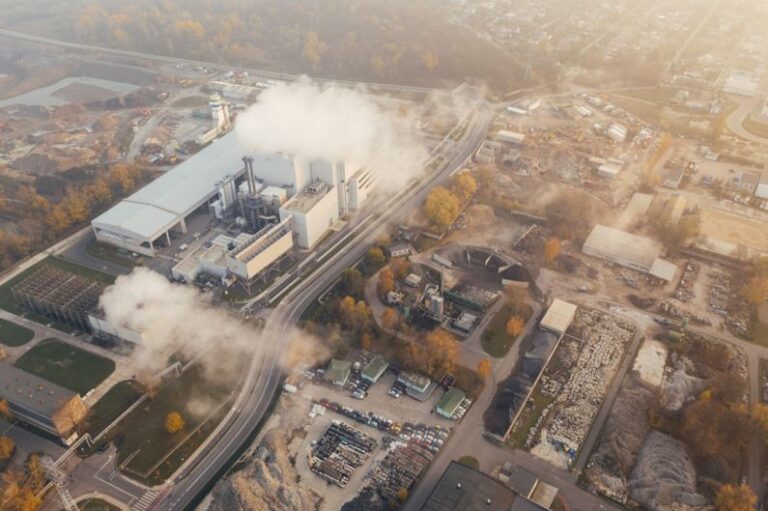
Green Home Certifications: Adding Value to Your Property
In today’s world, where sustainability and eco-friendliness are at the forefront of many people’s minds, the concept of green home certifications has gained significant traction. But what exactly are these certifications, and can they truly add value to your property? Let’s delve into the world of green home certifications to understand their impact on the real estate market.
The Rise of Green Home Certifications
As concerns about climate change and environmental degradation continue to mount, more homeowners are seeking ways to reduce their carbon footprint and live more sustainably. This shift in mindset has led to the rise of green home certifications, which are awarded to properties that meet specific criteria related to energy efficiency, water conservation, indoor air quality, and overall sustainability.
Green home certifications come in various forms, with some of the most well-known programs including LEED (Leadership in Energy and Environmental Design), ENERGY STAR, and Green Globes. These certifications serve as a stamp of approval, indicating to potential buyers that a property has been designed and built with environmental considerations in mind.
Enhancing Property Value
One of the primary benefits of obtaining a green home certification is the potential to increase the value of your property. Studies have shown that homes with green certifications tend to sell for higher prices than comparable non-certified properties. This is due in part to the perceived value that buyers place on environmentally friendly features and energy-efficient systems.
In addition to commanding higher sale prices, green home certifications can also help properties sell faster on the market. With more and more buyers prioritizing sustainability in their home search, having a green certification can make your property stand out from the competition and attract a larger pool of potential buyers.
A Competitive Edge in the Market
In today’s competitive real estate market, having a green home certification can give your property a significant edge over others in the same price range. Buyers are increasingly looking for homes that offer more than just a place to live—they want properties that align with their values and lifestyle choices.
By investing in green home features and obtaining a certification, you can position your property as a desirable option for environmentally conscious buyers. From energy-efficient appliances to solar panels and sustainable building materials, there are numerous ways to make your home more eco-friendly and appeal to a wider audience of potential buyers.
The Long-Term Benefits of Sustainability
Beyond the immediate financial benefits of increased property value, green home certifications offer long-term advantages in terms of sustainability and cost savings. Homes that are built or renovated with energy-efficient features can help reduce utility bills and lower overall maintenance costs over time.
By investing in green technology and sustainable practices, homeowners can also contribute to a healthier environment and reduce their carbon footprint. This commitment to sustainability can have a positive impact on the community and help create a more environmentally conscious society.
In Conclusion: Embracing Green Home Certifications
In conclusion, green home certifications have the potential to add significant value to your property, both in terms of financial return and environmental impact. By investing in sustainable features and obtaining a certification, homeowners can differentiate their properties in a competitive market, attract more buyers, and contribute to a greener future for generations to come. So, if you’re looking to enhance the value of your property while making a positive impact on the planet, embracing green home certifications may be the way to go.





